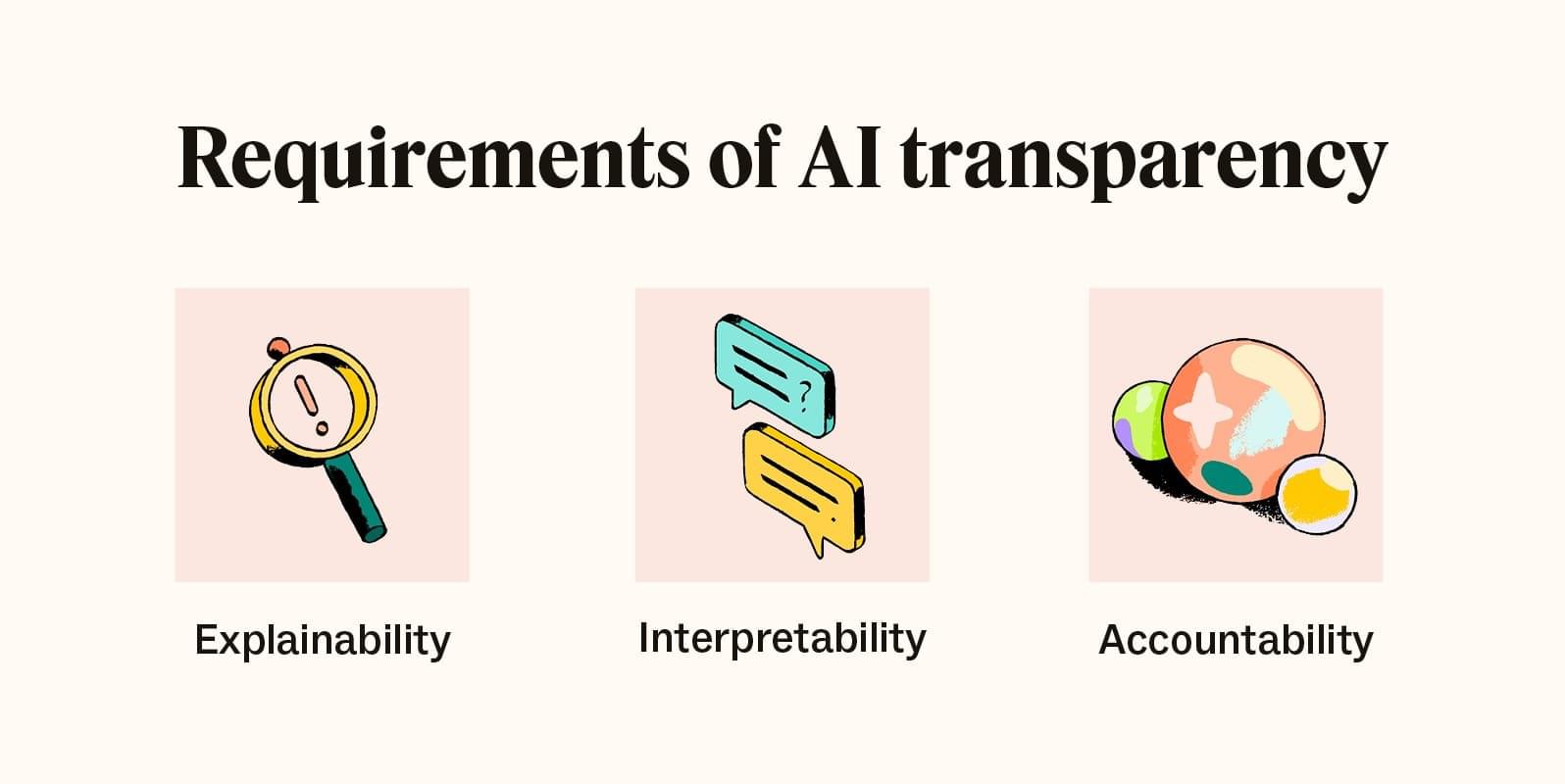
Aleph Alpha, a German artificial intelligence (AI) startup, is making waves in the AI development landscape with the release of two large language models (LLMs) under an open license. The models, Pharia-1-LLM-7B-control and Pharia-1-LLM-7B-control-aligned, each have 7 billion parameters and are designed to provide concise, length-controlled responses in multiple European languages. This move challenges the closed-source approach of many tech giants and invites scrutiny and collaboration from researchers and developers.
The release of these models is significant in the context of increasing regulatory pressure and public demand for ethical AI practices. Transparency and regulatory compliance are becoming as crucial as raw performance in AI development. By open-sourcing their models, Aleph Alpha positions itself as a pioneer in EU-compliant AI development. The decision to release both a standard and an “aligned” version of the model demonstrates the company’s commitment to responsible AI development and enables researchers to study the effects of alignment techniques on model behavior.
This release aligns with the European Union’s upcoming AI Act, which will impose strict requirements on AI systems, including transparency and accountability measures. Aleph Alpha’s training approach, which carefully curates training data to comply with copyright and data privacy laws, sets a blueprint for future AI development in highly regulated environments. The company’s open-sourcing of the training codebase allows researchers to not only use the models but also understand and potentially improve upon the training process itself.
The open-sourcing of the models and training code represents a significant step towards democratizing AI development. It accelerates innovations in ethical AI training methods by allowing independent verification and collaborative improvement. It also addresses concerns about the “black box” nature of many AI systems, providing transparency that is crucial for building trust in AI technologies. However, the long-term competitiveness of this open-source approach against tech giants remains uncertain, as it requires substantial resources to maintain momentum and create a thriving ecosystem.
Aleph Alpha’s approach appeals to enterprise customers, particularly those in heavily regulated industries like finance and healthcare. The ability to audit and customize the models for specific regulatory environments is a significant selling point. The demand for AI solutions that can be vetted and tailored to specific regulatory requirements is on the rise. Aleph Alpha’s open approach gives them a competitive edge in these markets, particularly in Europe where regulatory compliance is critical.
The release of the Pharia models by Aleph Alpha represents a bold challenge to the status quo of closed, black-box systems dominated by tech giants. It aligns with impending EU regulations and addresses the growing demands for transparency and ethical AI practices. The success or failure of Aleph Alpha’s strategy could have far-reaching implications for the future of AI development. It raises the question of whether open, compliant innovation will ultimately outpace rapid, closed-door development in the race for AI supremacy, reshaping the AI landscape and determining the role of AI in serving society’s best interests.

